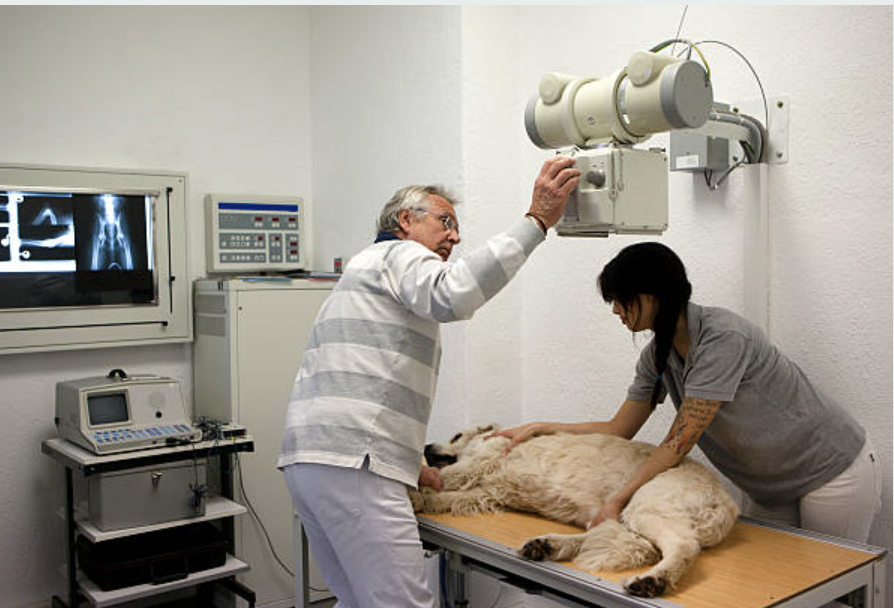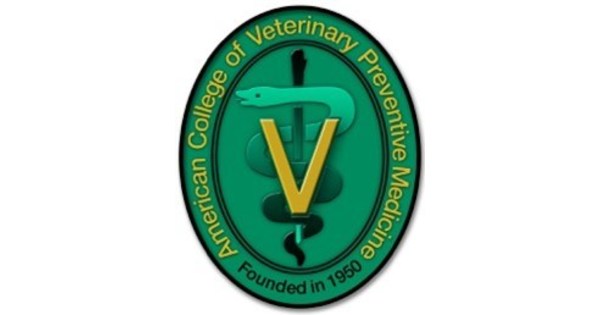In the fast-paced world of veterinary medicine, staying abreast of the latest diagnostic technologies is crucial yet challenging. Veterinarians juggle patient care with administrative duties, making it tough to carve out time for continuous learning and technology integration. However, the advent of cutting-edge diagnostic tools is revolutionizing the field, enhancing both the accuracy and efficiency of veterinary practices.
Early Detection of Parasites: A Leap Forward
Traditional methods like fecal flotation tests have long been the standard for detecting parasitic infections in animals, but they come with limitations that can lead to false negatives. Innovations in fecal antigen testing are setting new standards by identifying parasites directly through their protein antigens, irrespective of the parasite’s life stage or reproductive status. This method is particularly effective in detecting conditions like hookworm, roundworm, and whipworm earlier and more accurately, leading to quicker interventions and better health outcomes for pets.
Revolutionizing Kidney Injury Diagnostics
Kidney health is vital for animals, yet diagnosing kidney injury has always been a challenge due to the subtlety of early symptoms. The introduction of a simple urine-based test that measures cystatin B—a biomarker for kidney injury—has changed the game. This test can detect kidney damage much earlier than traditional methods, even before clinical signs become apparent. Such early detection is crucial for effective treatment, especially in acute cases or when animals are exposed to toxins. This tool not only facilitates better management of kidney health but also enhances the monitoring of treatments, ensuring pets receive the most appropriate care.
Streamlining In-Clinic Processes
Veterinary professionals are constantly looking for ways to streamline their workflows to focus more on patient care. The development of automated cytology technologies is a significant step forward. By eliminating the need for manual slide preparation and assessment, these technologies save valuable time and reduce inconsistencies. Advanced AI models, trained by veterinary experts, are now capable of rapidly analyzing samples and providing accurate diagnostic results. This not only speeds up the diagnostic process but also improves the quality of care provided to the animals.
Embracing a Future of Efficient Veterinary Care
The integration of sophisticated diagnostic tools and technologies in veterinary clinics is transforming the landscape of animal healthcare. These innovations allow veterinary teams to manage larger volumes of data and provide evidence-based, efficient care. By reducing the workload and streamlining diagnostic processes, these tools free up time for veterinarians to focus on what they do best—caring for animals.
Veterinary medicine is on the cusp of a new era, with technological advancements paving the way for more precise, efficient, and effective animal healthcare. As these tools become more accessible worldwide, they promise to enhance the capabilities of veterinary professionals and improve the lives of pets across the globe.
Dr. Jason Johnson, a leading figure in veterinary medicine, emphasizes the importance of these advancements not just for improving individual animal care but also for elevating animal health globally. His work, both as an educator and a practitioner, highlights the significant impact that innovative diagnostic solutions can have on the field of veterinary medicine.



